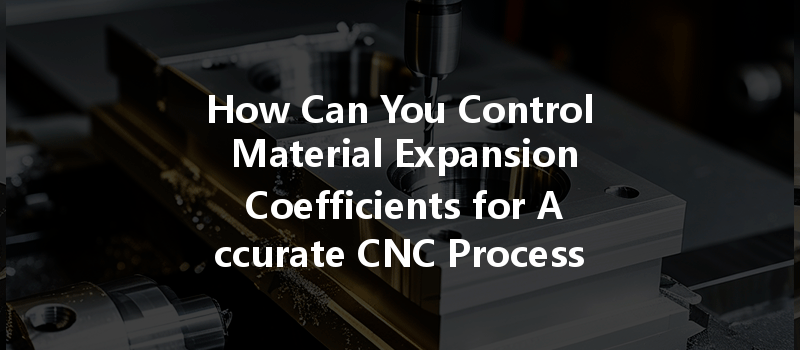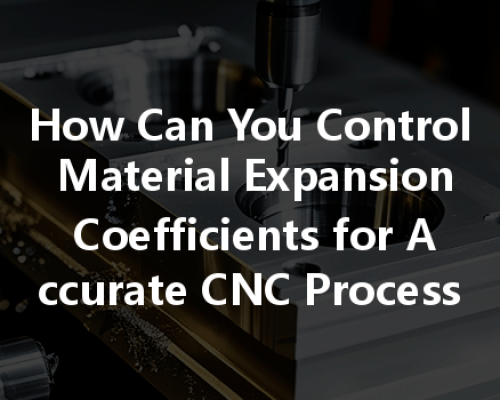In the CNC machining industry, controlling the expansion coefficient of materials is crucial for achieving processing accuracy. Material expansion, influenced by temperature changes, can lead to dimensional shifts that impact the integrity of the final product. At YL Machining, we understand the intricacies of this process and implement best practices to manage material expansion for enhanced precision.
Understanding the Coefficient of Thermal Expansion (CTE)
The coefficient of thermal expansion (CTE) is a property that quantifies how much a material expands or contracts when subjected to temperature variations. Different materials have varying CTE values, expressed in parts per million (ppm) per degree Celsius. For example:
Knowing the CTE of your chosen material helps anticipate how it will behave under machining conditions.
Strategies to Mitigate Expansion Effects

Continuous Monitoring and Quality Assurance
At YL Machining, we believe in the integration of technology for monitoring processes. Utilizing precision measuring instruments and systems such as laser scanners and CMM (Coordinate Measuring Machines) allows us to collect data in real-time, facilitating corrective action before deviations become significant.
Moreover, implementing a robust quality assurance program is vital. Regularly reviewing processes and outcomes against established standards ensures that quality remains consistent, even as external conditions fluctuate.
Controlling the expansion coefficient of materials during CNC machining is not merely a technical challenge; it is a blend of material science, environmental control, and precision engineering. By understanding the principles behind thermal expansion, utilizing strategic mitigation techniques, and adhering to a stringent quality assurance process, companies like YL Machining can ensure high-quality products with optimal dimensional accuracy. This not only enhances customer satisfaction but also fosters long-term relationships based on reliability and excellence. For expert advice and tailored solutions in CNC machining, don’t hesitate to reach out to us at YL Machining!

